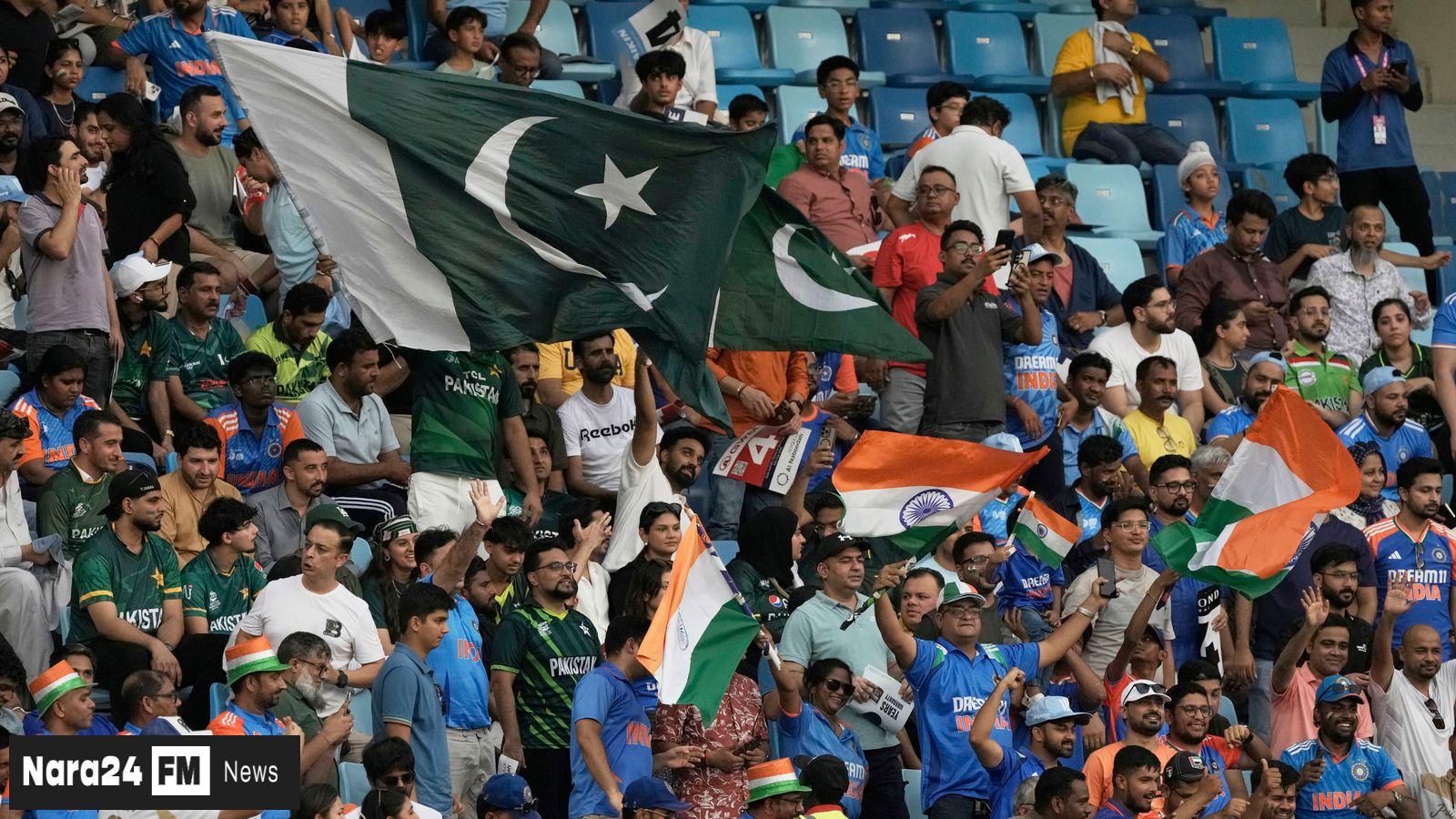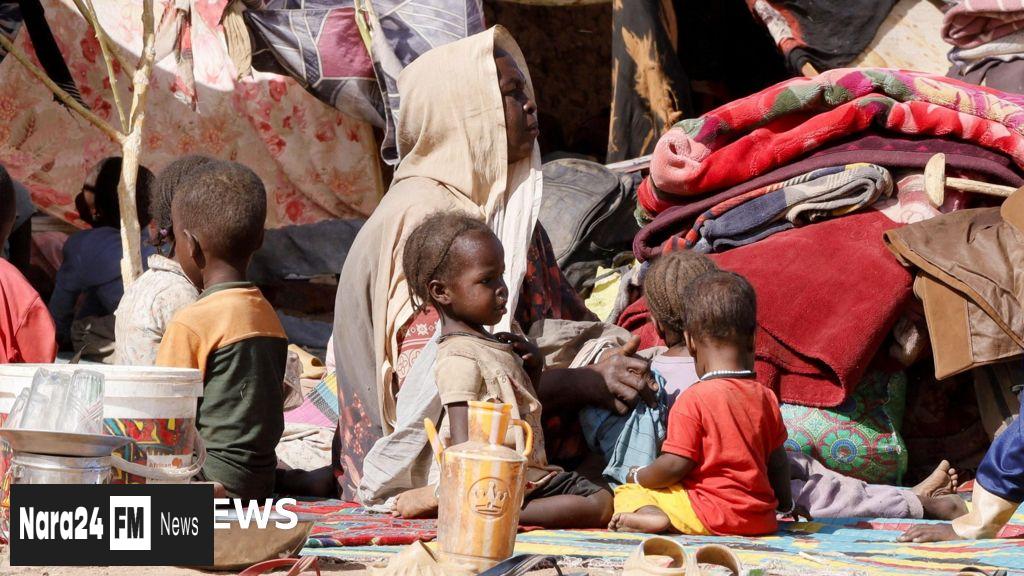
Pakistan Reverses Boycott Decision, Will Face India in T20 World Cup Clash
Pakistan's cricket team will honor its scheduled match against India after abandoning a planned boycott, despite Bangladesh's exclusion from the tournament.
The International Criminal Court (ICC) has stated there are "reasonable grounds" to believe war crimes and crimes against humanity are being committed in Sudan's Darfur region, particularly targeting women and girls of specific ethnicities.

The International Criminal Court (ICC) has raised alarming concerns over the ongoing conflict in Sudan, stating there are "reasonable grounds" to believe war crimes and crimes against humanity are being perpetrated in the Darfur region. This announcement was made during a United Nations Security Council briefing on Thursday.
Among the most disturbing findings of the ICC's investigation is the targeted sexual violence against women and girls of specific ethnic groups. The conflict, which erupted in April 2023 between the Sudanese army and the Rapid Support Forces (RSF), has resulted in what the UN describes as "devastating civilian casualties." ICC Deputy Prosecutor Nazhat Shameem Khan expressed the difficulty in finding words to convey the "depth of suffering" in the region.
The ICC, which was granted a mandate by the UN Security Council two decades ago to investigate and prosecute crimes in Darfur, has launched a fresh probe following the outbreak of civil war in 2023. The investigation includes interviews with victims who have fled to neighboring Chad. Ms. Khan highlighted an "inescapable pattern of offending" and emphasized the ongoing efforts to gather evidence for potential prosecutions.
Allegations of war crimes have persisted over the past two years, with the US declaring in January 2025 that the RSF and allied militias had committed genocide. The RSF has denied these claims, framing the violence as a "tribal conflict."
Reports from the UN paint a grim picture of conditions in Darfur, where hospitals and humanitarian convoys have been targeted, and food and water supplies deliberately withheld. The city of el-Fasher remains under siege by RSF forces, leaving civilians cut off from critical aid. Additionally, a cholera outbreak in conflict zones further threatens already scarce water resources.
The region is also grappling with an escalating famine. According to UNICEF, over 40,000 children were treated for severe acute malnutrition between January and May 2025—more than double the number from the same period in the previous year. Sheldon Yett of UNICEF warned, "Children in Darfur are being starved by conflict and cut off from the very aid that could save them."
Since the conflict began, more than 150,000 people have died, and approximately 12 million have been displaced. Ms. Khan cautioned that the situation could deteriorate further, stating, "We should not be under any illusion—things can still get worse."
For more updates on the crisis in Sudan, visit BBCAfrica.com.
Comments (0)
Leave a Comment
Be the first to comment on this article!